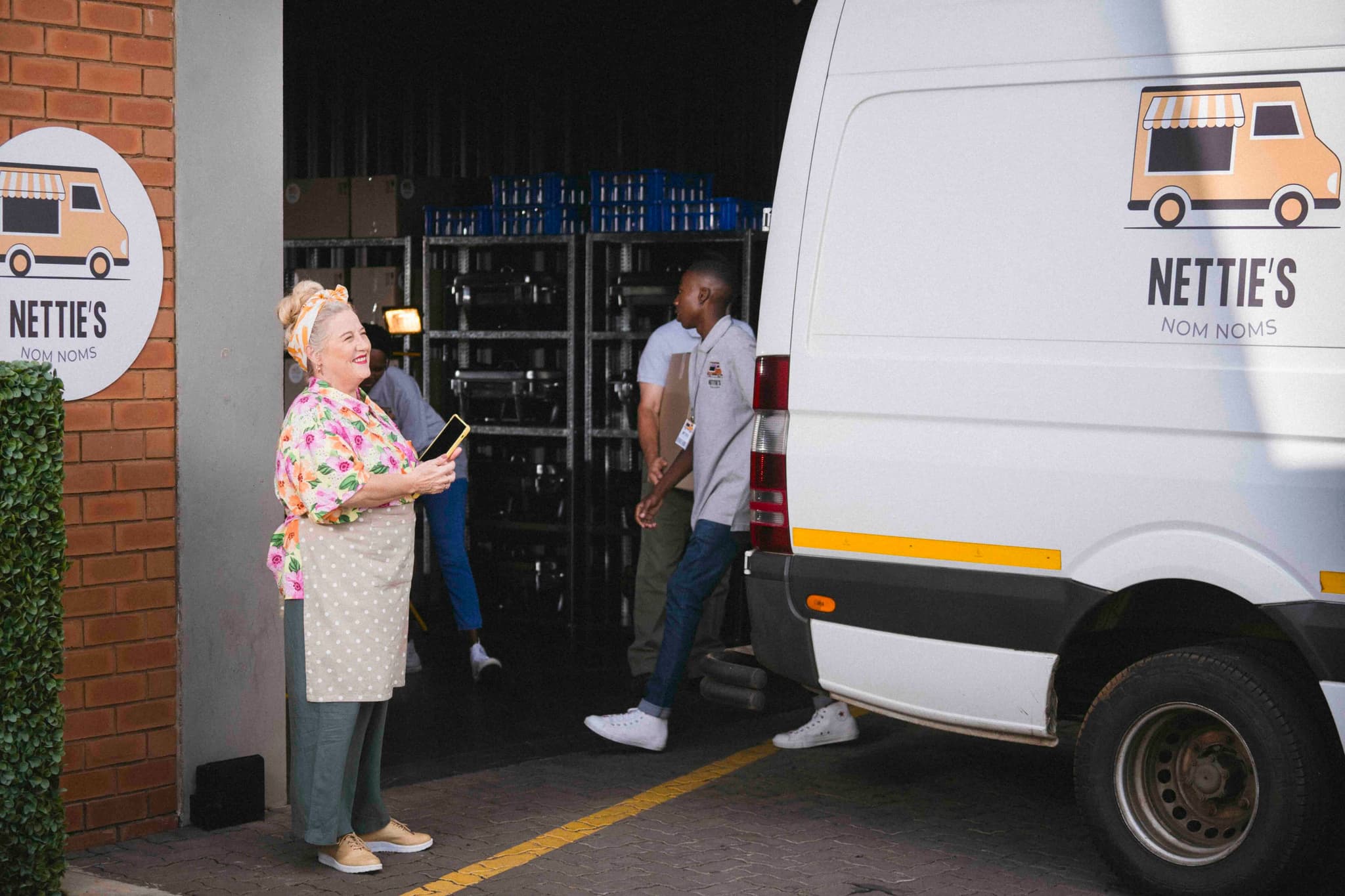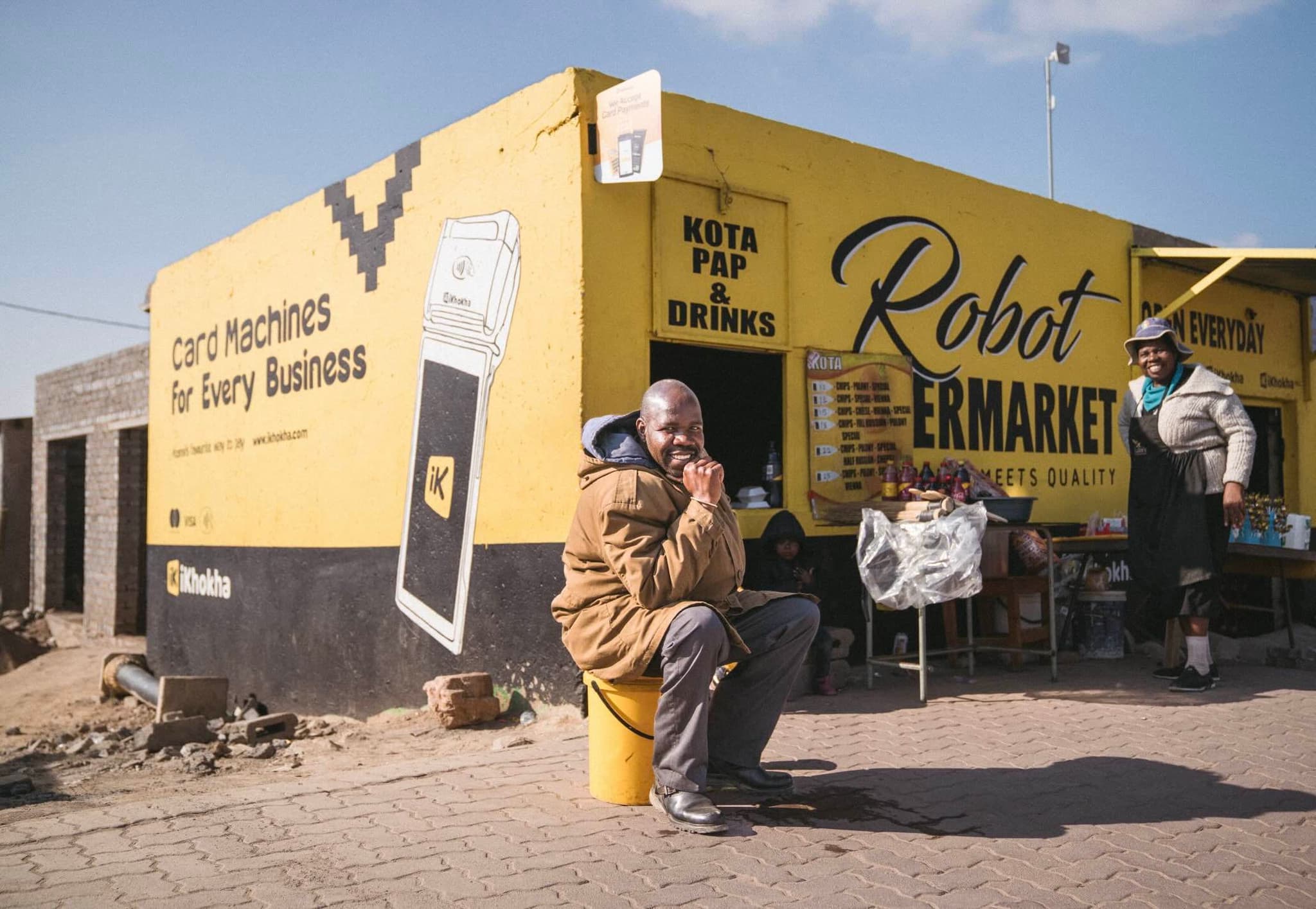
How to Manage Money: Smart Financial Skills for South African Entrepreneurs
Learn how to manage money with simple, practical tips to improve budgeting, boost cash flow, and grow your business in South Africa, no stress required.
BY Sarah Heron
Table of Contents
- Introduction
- Start with a simple budget
- Cash flow is king (even more than profit)
- Save first, spend later
- Use credit wisely
- Track every Rand
- Cut costs without cutting corners
- Understand Tax (before it understands you)
- Add an extra stream of income
- Money management is a habit, not a one-time fix
- The bottom Line on managing your money
Managing money is one of the hardest parts of running a small business in South Africa. Some months are busy, others are quiet, and if you’re not paying attention to where your cash is going, things can spiral quickly.
Learning how to manage money in your business isn’t about complicated spreadsheets or accounting terms. It’s about knowing what’s coming in, what’s going out, and making decisions that keep your business steady, even when sales fluctuate.
This guide covers practical, everyday money management tips for small business owners, from budgeting and cash flow to saving, credit and planning for growth.
Start with a simple budget
A budget isn’t there to box you in. It simply shows where your money’s going and helps you stay in control. It gives you a clear picture of your income, expenses, and what’s left to save or reinvest.
For small businesses in South Africa, a clear budget is your guide, it helps you decide when to spend, when to hold off, and where to trim costs. It helps you decide when to stock up, when to hold back, and where to cut costs before they spiral.
Here’s how to get started:
- Track income and expenses every week.
- Use a spreadsheet, notebook, or the iKhokha App for quick tracking.
- Review your budget monthly and adjust as your business evolves.
Budgeting is the first step in taking control. Once it’s a habit, you’ll see where every rand goes and start making decisions from insight, not instinct.
Cash flow is king (even more than profit)
You can be profitable on paper and still run into trouble if your cash flow isn’t steady. Cash flow management is about timing: when money comes in versus when it goes out.
Imagine you’ve just completed a large job but won’t get paid for 60 days. Meanwhile, your bills, rent, and supplier payments can’t wait. That’s a cash flow crunch, something every entrepreneur must avoid.
Here’s how to protect yourself:
- Invoice as soon as work is done.
- Follow up promptly on late payments.
- Set aside a reserve for lean months.
Track your inflows and outflows using a system that gives you regular visibility into your cash position. If you’re an iKhokha merchant, the iK Dashboard offers real-time insight into your sales and payouts, but any tool that helps you see cash movement clearly will do the job.
Keeping track of your cash flow shows you exactly where you stand, so you can make decisions before problems start.
Save first, spend later
Change how you think about savings: don’t save what’s left after spending, spend what’s left after saving.
Even a small portion of every sale (5–10%) adds up quickly. It gives you breathing room for quiet months or surprise costs and lets you grab new opportunities, like a stock discount or a weekend market pop-up.
Create a separate savings account for your business. Once you set a goal, automate it if you can. Over time, you’ll rely less on credit and more on your own reserves.
Saving is a cornerstone of money management because it strengthens your independence.
Use credit wisely
Credit can help you manage cash flow, buy stock, or expand—but only when used responsibly.
Credit isn’t bonus cash, it’s borrowed money that costs you if you’re not careful. Paying late or maxing your limit cuts into profits and hurts your credit record.
Smart credit rules:
- Only use credit when it supports a clear business goal.
- Keep balances below 30% of your available limit.
- Pay on time to protect your credit score.
If traditional loans or overdrafts don’t suit your business, alternative funding options can help when used responsibly. For iKhokha merchants, iK Cash Advance offers access to working capital based on actual sales, making it easier to manage cash flow without long application processes.
Track every Rand
If you don’t measure it, you can’t manage it. Every rand counts. When you keep track of your numbers, you can spot what’s working and where money’s slipping away.
Use digital tools to record your income and expenses daily. The iKhokha App automatically tracks your card payments and gives you insights into what’s selling, when, and to whom.
Regular tracking helps you:
- Identify profitable products or services.
- Notice wasteful spending early.
- Prepare for tax season easily.
Knowing where your money goes gives you real control and better decision-making power.
Cut costs without cutting corners
Every six months, review your expenses. Are you paying for tools or subscriptions you no longer use? Those small charges add up.
Questions to ask yourself:
- Is this expense helping my business grow?
- Can I switch to a free or lower-cost alternative?
- Could I negotiate a better rate with suppliers?
Cutting what you don’t use keeps your business lighter and easier to run — and often frees up cash you didn’t realise you had.
Understand Tax (before it understands you)
Tax isn’t anyone’s favourite task, but it’s part of doing business. Keep your records tidy and you’ll save yourself time, money, and frustration later.
Start by ensuring your business is registered with CIPC and SARS. Keep every receipt, invoice, and proof of expense. If you’re VAT-registered, schedule reminders for filing deadlines.
Hiring a bookkeeper or tax specialist can save you thousands in the long run. They’ll help you stay compliant and identify deductions you might miss.
If possible, explore tax-efficient savings tools like Tax-Free Savings Accounts (TFSAs) or retirement investments. Managing tax wisely is a key part of mastering money management.
Add an extra stream of income
Adding extra income doesn’t always mean launching something new. Many businesses grow by expanding how they sell or get paid. Options can include prepaid products, mobile payments, or remote payment links.
With iKhokha, this can look like:
Selling prepaid products like airtime, data, or electricity using iK Prepaid.
Accepting card payments on the go with iK Tap on Phone, no hardware needed.
Sending iK Pay Links to get paid remotely, instantly.
The more income you bring in, the more flexible your business becomes and that steady flow keeps your cash healthy.
Money management is a habit, not a one-time fix
Learning how to manage money in a small business is a skill that improves with habit, not perfection.
Start small:
- Review your cash flow weekly.
- Save before you spend.
- Keep your expenses lean.
- Reinvest in growth opportunities.
Stick with it and those habits start to feel natural. You’ll make calmer, quicker decisions because you actually understand your numbers.
The bottom Line on managing your money
Running a small business takes hustle, but managing money is what keeps that hustle sustainable. It’s not always about making more. It’s about managing what you already have wisely and using it to build something that lasts.
Build a system that works for you. Track your numbers, plan your spending, and use digital tools that give you visibility and control. For iKhokha merchants, the iKhokha App makes it easier to monitor sales, payouts, and trends in real time.
When you know how to manage money, every rand you earn moves your business closer to long-term success.





















